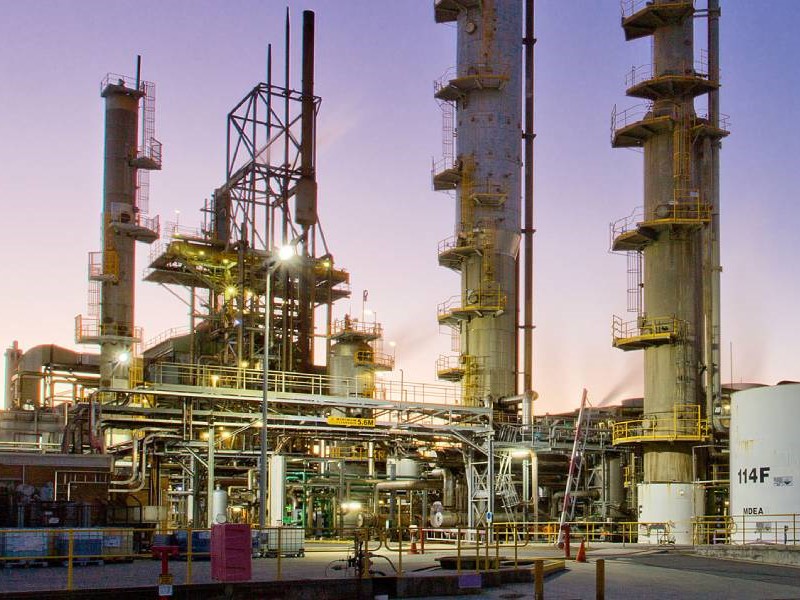Origin Energy will cease work on green hydrogen development despite receiving $115 million in state and Commonwealth government backing for a proposed hub in New South Wales.
The decision to step back from the Hunter Valley Hydrogen Hub project comes less than a month after the federal government set annual production targets for the sector and follows a similar move by Fortescue to scale back its ambitions in July.
Origin said the decision to leave its joint venture with chemicals manufacturer Orica was due to a lack of demand for renewable hydrogen, and investment risks associated with “input cost and technology advancements to overcome”.
The $207.6 million project had just received planning approval, with the NSW government signing off at the end of May. Construction was set to begin in mid-2025 to bring its first phase online in 2026.

The energy retailer has received $70 million through the Australian Government Regional Hydrogen Hubs Program and $45 million from through the New South Wales Hydrogen Hubs Initiative.
The project was also shortlisted for potential funding under the Commonwealth government’s $4 billion Hydrogen Headstart Program, which was topped up in this year’s federal Budget.
Origin chief executive Frank Calabria said the company has “worked hard to evaluate the investment case for hydrogen”, but that it had “become clear that the hydrogen market is developing more slowly than anticipated”.
He said ongoing risks and the need to overcome input cost and technology advancements meant the company is “unable to see a current pathway to take a final investment decision on the project.”
Mr Calabria said capital expenditure from the project will be redirected towards “investments focused on renewables and storage” as they are the best way to “decarbonise energy supply and underpin energy security over the near-term”.
Origin’s plans for the Hunter Valley Hydrogen Hub were first announced in 2022. The company entered a joint venture development agreement with Orica in July 2023 for front-end engineering and design.
Phase one of the project would have delivered 55MW of electrolyser capacity, with the intention of supplying renewable hydrogen to help decarbonise Orica’s co-located ammonium nitrate manufacturing facility.
Orica managing director and chief executive Sanjeev Gandhi said he is “disappointed” by Origin’s decision but the explosives manufacturer remains “committed to exploring new opportunities in this promising sector”.
It is understood that Orica is considering other options to progress the Hunter Valley Hydrogen Hub.
A spokesperson for Climate Change and Energy minister Chris Bowen said the decision is “disappointing for the workers and businesses developing Hunter hydrogen hub” but argued renewable hydrogen will remain important for local manufacturing and industry.
“Government support in developing Australia’s hydrogen opportunity provides additional certainty for projects, however how they progress remains a commercial decision for the parties involved,” the spokesperson said.
Another renewable hydrogen and ammonia joint venture planned for the Hunter Valley between the Port of Newcastle, Macquarie Capital and Macquarie’s Green Investment Group was scrapped at the end of 2022.
The Commonwealth government has since announced the $4 billion hydrogen headstart program, an uncapped green hydrogen tax credit program due to commence in 2027, and a refreshed national hydrogen strategy launched last month.
Undeterred by Origin’s exit from renewable hydrogen developments, Mr Bowen’s spokeswoman reiterated Department estimates that government “hydrogen incentives will unlock around $50 billion of private investment”, about a quarter of the value of Australia’s announced development pipeline.
Do you know more? Contact James Riley via Email.

